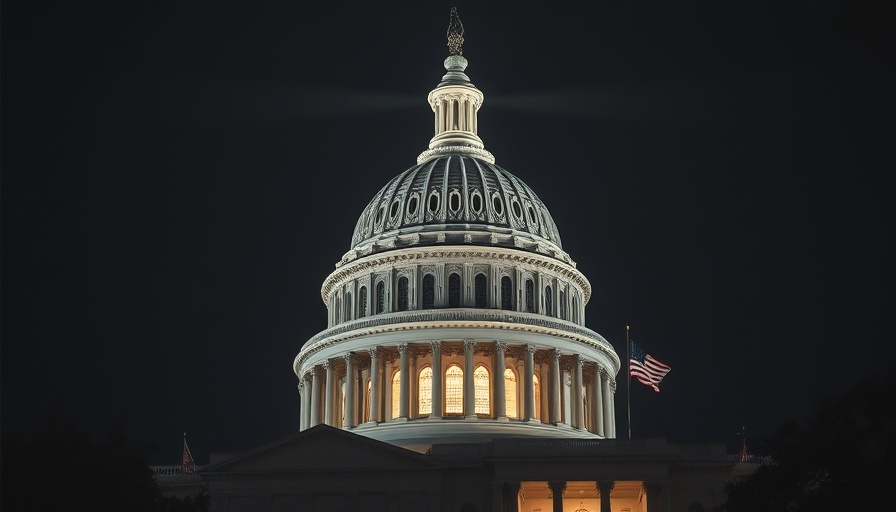
Understanding the Long-Term Implications of TCJA Permanence
The debate surrounding the permanency of the Tax Cuts and Jobs Act (TCJA) remains significant among policymakers and economists alike. The TCJA, enacted in 2017, introduced several major changes that are set to expire at the end of 2025. If these provisions are permanently extended, predictions indicate varied economic outcomes. A recent analysis suggests that extending these tax cuts could boost economic output by 1.1% over the long run and create nearly 850,000 full-time equivalent jobs.
Economic Growth vs. Revenue Loss: What’s the Trade-Off?
However, the immediate aftermath poses a challenge: extending the TCJA may result in a staggering $4.5 trillion reduction in federal tax revenues. This loss could inflate the budget deficit, with estimates of additional costs from interest alone reaching $941 billion. Thus, while proponents argue for increased economic activity and job creation, critics warn of the long-term viability of government funding due to diminished tax revenues.
Winners and Losers: Who Benefits from TCJA Extension?
The distributional effects of the TCJA have shown that low- to middle-income households stand to gain through various tax credits and deductions. For instance, the Child Tax Credit increase benefits families significantly. However, some analyses, such as those conducted by the Penn Wharton Budget Model, indicate that the wealthiest segments enjoy greater relative benefits, potentially fuelling inequalities.
Looking Ahead: Future Generations at Risk?
A critical perspective presents a stark contrast when considering future generations. According to dynamic analyses, individuals born decades from now may find themselves in a worse financial position due to the increased national debt incurred from extending these tax cuts. A household born 30 years from now in the bottom quintile may be $21,800 worse off, while those in higher income brackets also face significant long-term financial losses.
Final Thoughts: A Tipping Point for Tax Policy?
The question remains if the TCJA's permanence is a boon for the economy or a perilous step into unsustainable debt patterns. As discussions continue, it is vital for stakeholders across demographics to voice their concerns and engage in the decision-making processes that will define fiscal policies for generations to come. The approach to tax reform will not only reflect current economic conditions but also set the tone for the nation’s financial health and equity for years ahead.
 Add Row
Add Row  Add
Add 




Write A Comment